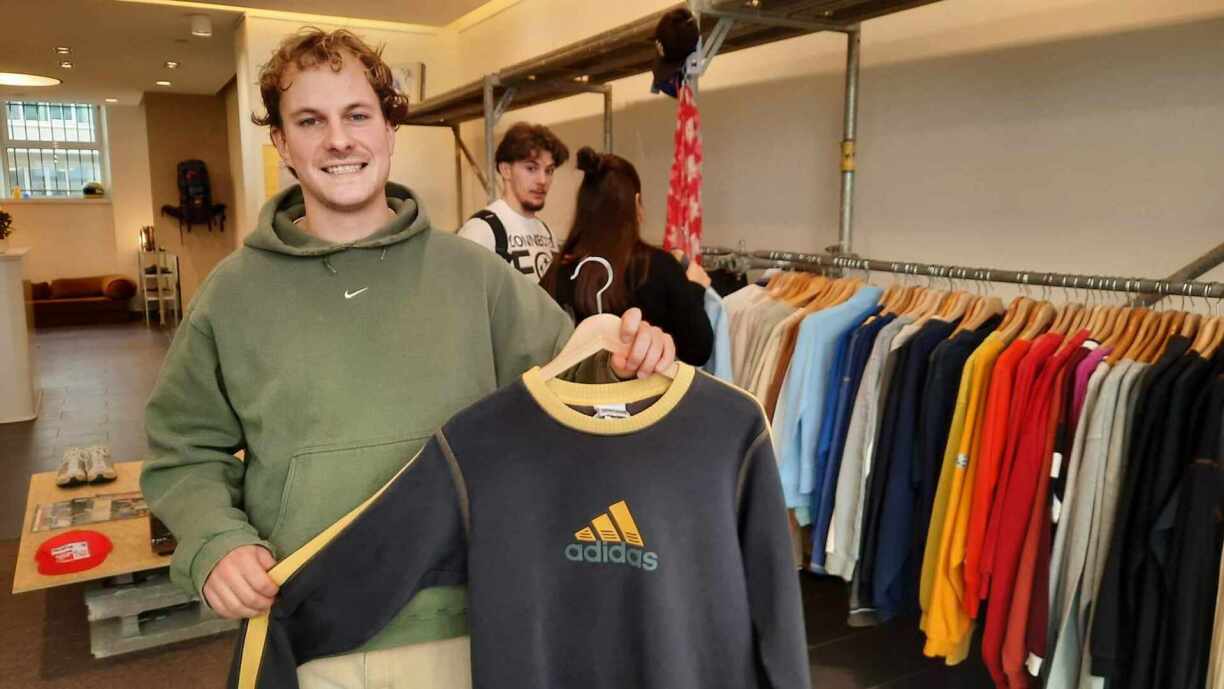
Second-hand clothing is not quite as popular in Luxembourg as in other countries - just 26% of residents said they bought pre-owned clothes in a 2022 survey, while 56% said they favoured new purchases. Despite this, second-hand shopping is finally starting to take off in Luxembourg City.
A number of store managers told our colleagues at RTL Infos they had noted an evolution in consumer behaviour over the past few months, as well as changes to their clientele, as second-hand clothing is becoming more sought after than ever.
The second-hand sector is “nothing new,” smiles Thi Thu Ha Nguyen, manager of the Lena Second Hand Shop on Avenue de la Faïencerie for the past sixteen years. Much like its competitor in the capital, Royal Second Hand, the store is continuing to thrive in 2024.
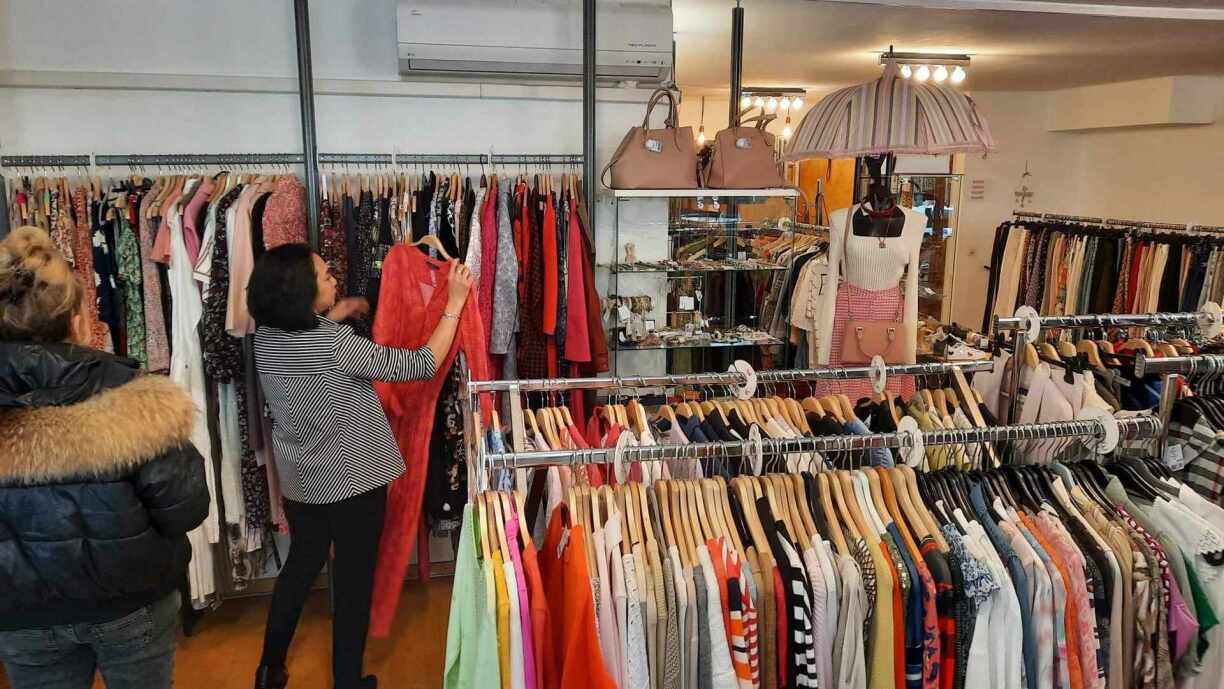
What is new, however, is that Nguyen is now witnessing a “second wind” of consumer interest in pre-owned clothing items, even if they are a little out of fashion. This is particularly the case for high-end pieces. She says she is happy to see more and more young people under 25 coming into her store, and says it is clear they are aware of the benefits of the circular economy - particularly in the textile industry, which is one of the planet’s highest polluters.
Nguyen says she noted a “big change before Covid” which is now making further headway. “Before, people who came in to shop would be discreet [about the source of their purchase]. Now, they talk about the store to their friends, they encourage other people to shop here. Customers are proud to buy second-hand now, that’s the difference!”
Anne Darin, director of the Luxembourg City Business Association (UCVL) agrees that there are indications of new consumer habits, pointing out that “thirty years ago in big cities, the second-hand market was not the massive phenomenon it is today.” She adds that “in Luxembourg, it is not at all cultural” to purchase second-hand clothing.
Darin’s observation for spring 2024 is simple: “The fact there are now so many more stores in Luxembourg, as well as pop-up shops, shows the phenomenon is growing. It means there’s a real clientele for the second-hand market.”
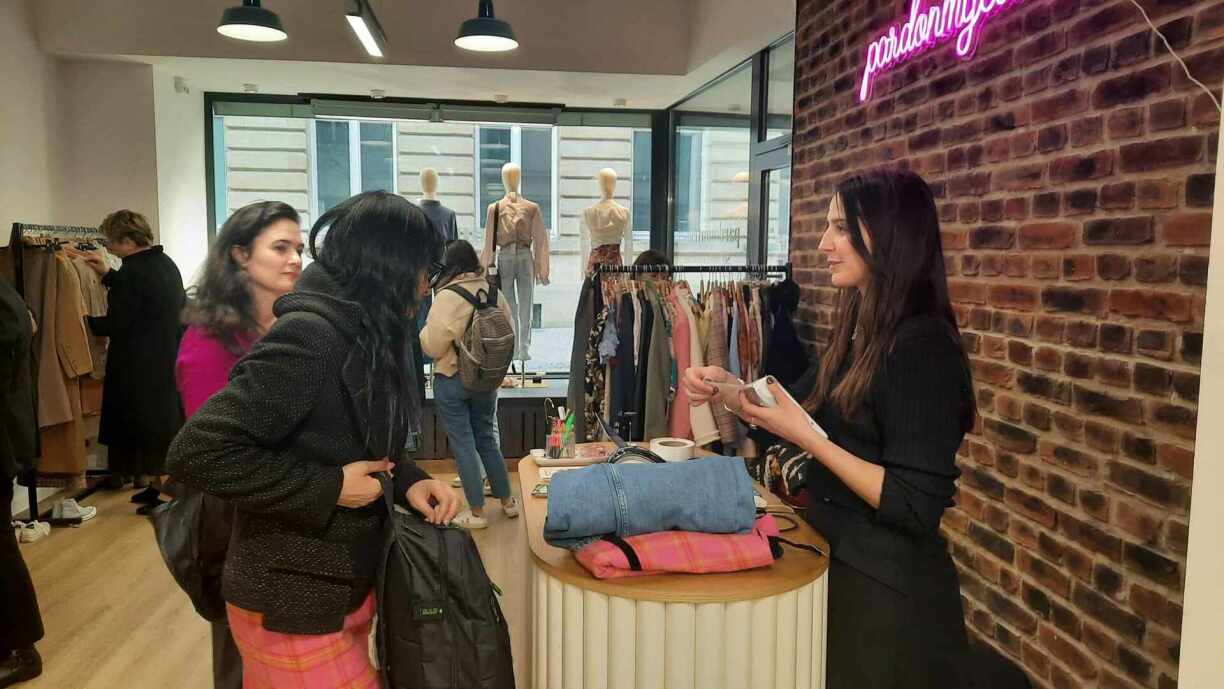
Caroline Poincelot, manager of Pardonmycloset, a new generation second-hand store on Avenue Monterey, also weighs in on the phenomenon. After joining Luxembourg’s finance sector in 2015, the French native opted to test out the second-hand market in the Grand Duchy through several pop-up ventures, hoping to share her love for second-hand shopping which was instilled in her as an adolescent.
Quickly realising the Luxembourg environment was not as favourable as she hoped, Poincelot sought to reinvent the image of second-hand shopping by taking inspiration from Paris, where the market is thriving. By creating a store that is “modern and current, giving the impression of a brand new boutique, selling carefully selected items from trendy brands,” Poincelot has taken Pardonmycloset from its pop-up status to full-time bricks and mortar. As a consignment store, the shop benefits from permanent stock rotation, with added conviviality.
Poincelot points to “a real change in mentality and a desire to consume differently,” reflected by the media and the explosion in popularity of pre-owned platform Vinted during the pandemic. The leitmotif followed by its customers - the majority of whom are women selling and buying clothing - is clear. “Second-hand shopping is eco-friendly, budget-friendly and offers the chance to find unique items which might be out of production, or sold out elsewhere.”
“It works well because the prices are more realistic,” insists Poincelot. This is particularly attractive in tough economic times, highlighted by high inflation and rising costs of living “When everything else becomes more expensive, clothing remains a plus.”
“I’m not sure if the crisis is playing a role or if society is truly changing,” admits Darin, but the fact is that in recent years, “there has been a real trend in the development of the second-hand sector, even if there aren’t a huge number of shops yet.”
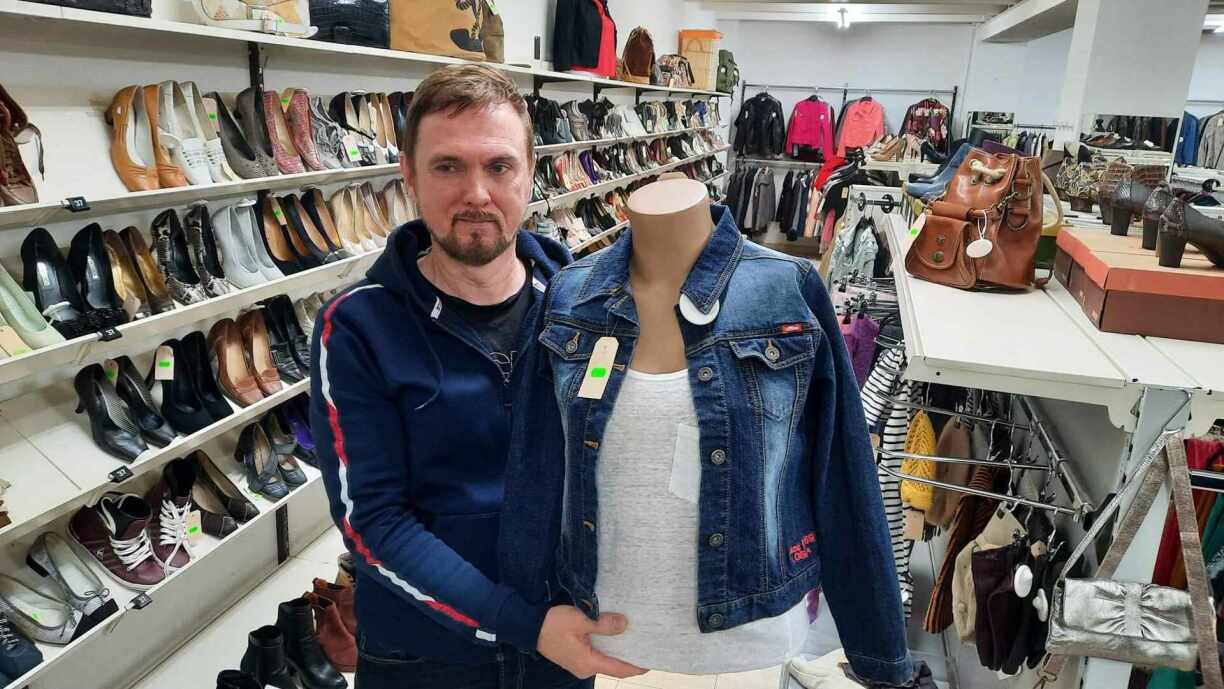
An independent business owner for the past 12 years, Michaël Lindner, manager of second-hand shop ‘Trouvailles’ on rue Fort Neipperg, identifies the complexities of the Luxembourgish clientele. “Here, customers have higher demands than in Germany or France, where the main thing is that clothing is priced cheaply.” He has opted for direct purchasing on the second-hand market, choosing “quality clothes to present a large selection of unique pieces.”
Since 2018, Lindner too has noted a second wind phenomenon. “We have more customers, and more and more new ones.” He divides customers into three categories: “We have those who don’t want to pay a lot of money for quality clothing. The younger customer base come out of ecological convictions, and always ask if I sell real second-hand items. And then you have the older customers, aged 50-70, who don’t necessarily need to shop here but who say, why should we spend more money?”
Although the vast majority of stores are much more geared towards a female clientele, new arrivals have been popping up in the capital in recent months with more niche concepts, designed to attract male customers.
This is the case for the Fomeaux pop-up store on rue Philippe II, which takes its name from the English expression “FOMO”, or “fear of missing out”. Manager Léo Weis explains the store’s niche is “vintage clothing from 1990 to the early 2000s, including unisex sportswear and streetwear, but mainly aimed at men.”
The selection has been popular, he adds, for two main reasons: “There was absolutely nothing for this niche in Luxembourg City, particularly for young men aged 13-28,” he says. With second-hand goods from the last two to three decades taking off in recent trends, Weis was quick to identify the need for an outlet selling fashions essentially worn by the clientele’s parents.
Another reason is that the demand for these items is driven by a desire for exclusivity. “Customers want these pieces because they’re unique. No one else on the street will be wearing them, that’s what makes the clothes cool!”
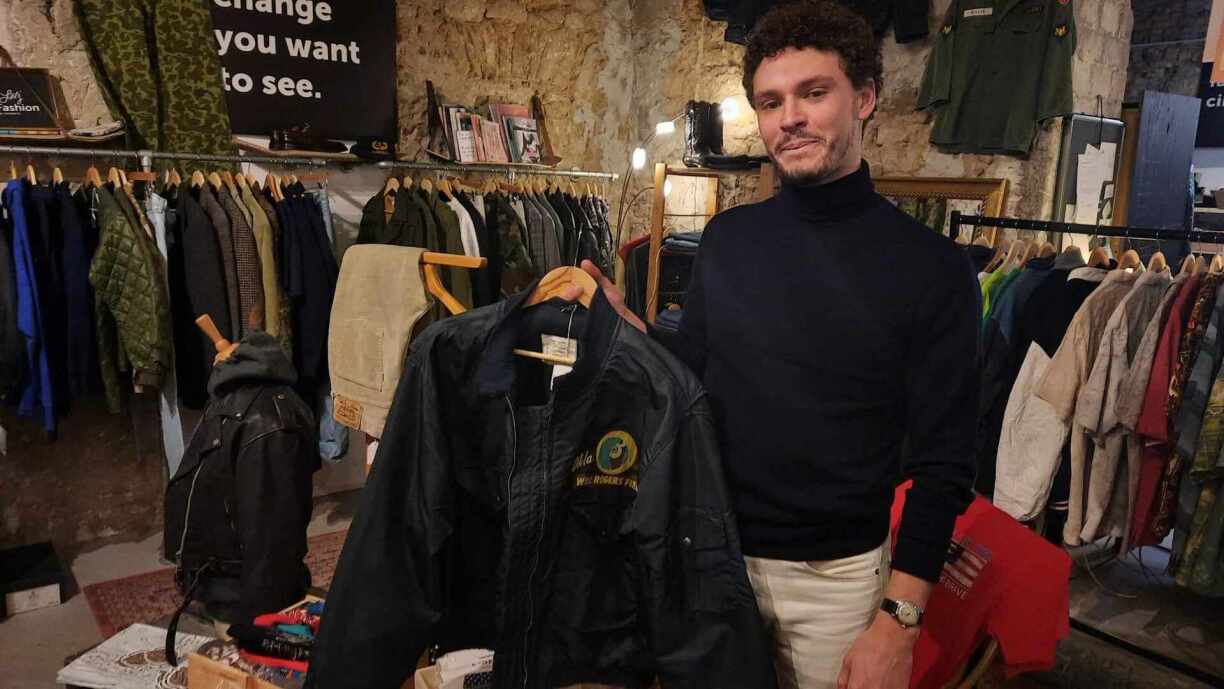
Kevin Grisez, from The Vintage Store on Rue Genistre, follows a similar concept, but instead focuses on more military-inspired items. The shop’s collection is carefully curated and entirely focused on the authenticity of the pieces unearthed, offering a very different shopping experience to the usual fast fashion fare.
Formerly a salesman at Gucci,Grisez is passionate about fashion and well-made clothing, and readily admits to “highlighting the history of the piece and the know-how required to create it” in his shop. His customer base is usually nostalgic for “beautiful clothes of impeccable quality.”
Shoppers coming through the door are usually around thirty or older, and can encounter pieces such as authentic American army trousers dating back to the 1940s, or a leather flight jacket from 1969, formerly owned by an Oklahoma City pilot. As for prices: “the vintage market can be similar to collector’s cars - the rarer the item, the higher the price,” smiles Grisez, who makes a point of identifying the history behind every item on sale in his shop.
Further reading: Second-hand shopping for kids in Luxembourg